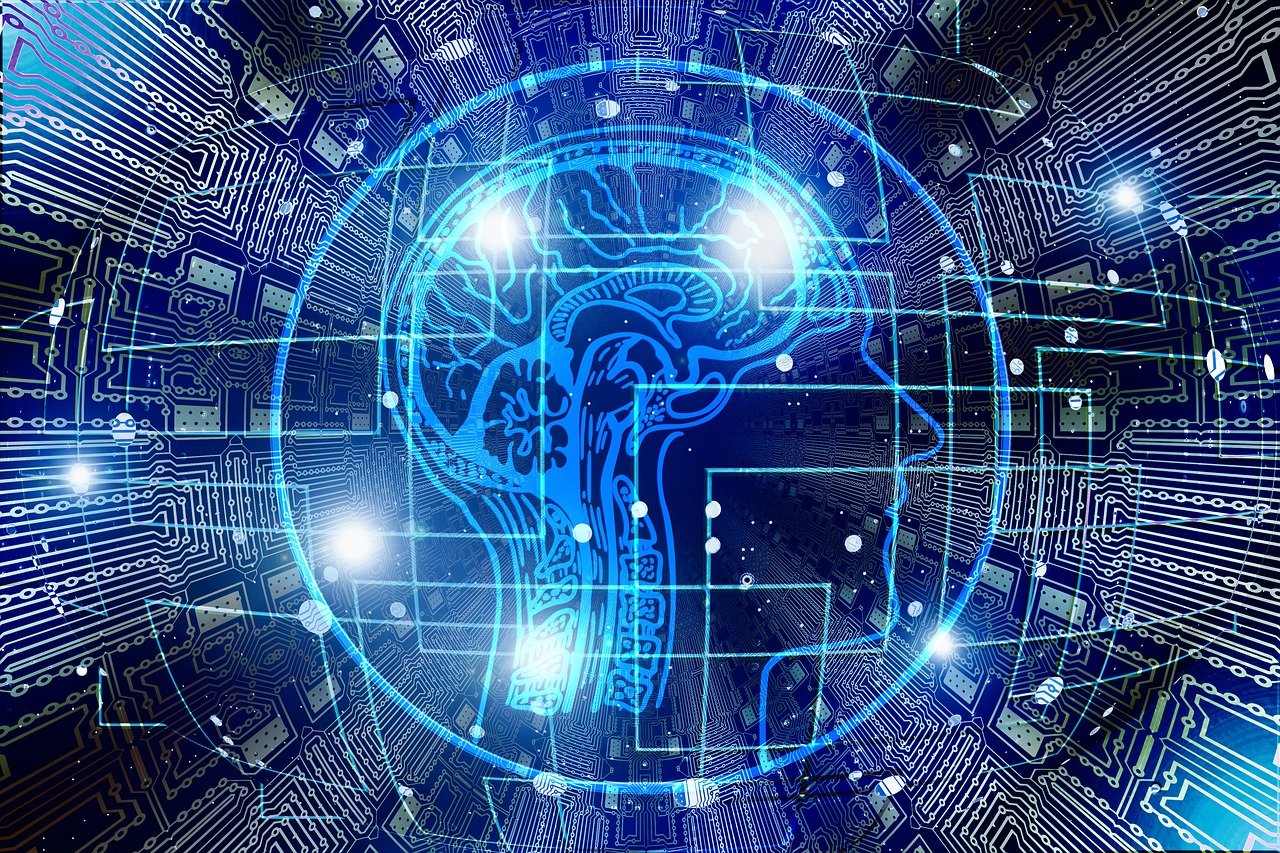 Digital technologies have radically changed the way creative content is produced, distributed and accessed. Copyright law, in a digital sense, can exist over assets such as web content, documents, databases and recordings, as well as the more familiar rights in respect of literary, artistic and musical creations.
Digital technologies have radically changed the way creative content is produced, distributed and accessed. Copyright law, in a digital sense, can exist over assets such as web content, documents, databases and recordings, as well as the more familiar rights in respect of literary, artistic and musical creations.
Copyright law ensures that authors, composers, artists, film makers and other creators receive recognition, payment and protection for their works, and is essentially a collection of rights that are automatically vested to you once you have created an original work. There are a number of separate elements to these rights, including: the right to reproduce the work; to prepare derivative works; to distribute copies; to perform the work publicly; to display the work publicly.
But with the introduction of AI into the digital landscape, how does that affect the rights instilled by copyright law?
You may recall that recently Getty Images – the royalty-free image library that has more than 135 million copyrighted images in its archives – announced that it had commenced legal proceedings in the High Court Justice in London against free image generative tool, Stability AI. In the lawsuit, which was made public on February 6, the allegation is that Stability AI, Inc., infringed on the visual media company’s intellectual property.
The suit accused the London-based generative AI company of copying some 12 million photographs, associated captions and metadata without the permission of Getty Images. Within the filed document, it stated that Stability AI used Getty’s IP in violation of trademark law in order to train its Stable Diffusion model. The AI diffusion model is trained using a specific dataset which is alleged to contain images from Getty Images library.
In a statement issued by Getty Images, they allege that the supposed copyright violations benefited Stability AI’s commercial interests to the detriment of the content creators, and the lawsuit itself references a study published by researchers that proved that diffusion model AI image generators are capable of recreating images from its training data.
This is particularly relevant to the case because the lawsuit notes that several images generated via the Stable Diffusion tool actually contained a Getty watermark – the same one that is present when viewing a photo in its library before downloading an image license. Getty offered several examples of the distorted watermark in its lawsuit in order to prove the infringement on intellectual property.
The introduction of advanced tools such as Stability AI into copyright law will certainly be problematic to begin with, as these events are unprecedented, and will have to be taken in stride without specific laws being in place yet.
However, this is not the first case of its kind. Three San Francisco based artists also filed a proposed class action lawsuit against Stability AI, as well as similar AI art generators Midjourney and Deviant Art, claiming the generators also violated copyright laws.
This is certainly a subject to keep an eye on over the coming months, and we will aim to provide an update on this case once resolved.
Our Copyright Solicitors
As the copyright owner, you have the authority to withhold every aspect of this copyright, or to transfer them individually to one or more people, or transfer them all collectively to one or more people.
Using a copyright solicitor, this can be accomplished by licensing and assigning, as well as other forms of transfers. The power of copyright law allows the copyright owner to choose the way in which the work is made available to the public.
Speak to one of our expert copyright solicitors today about licensing or infringement of copyright by visiting our contact page here.
